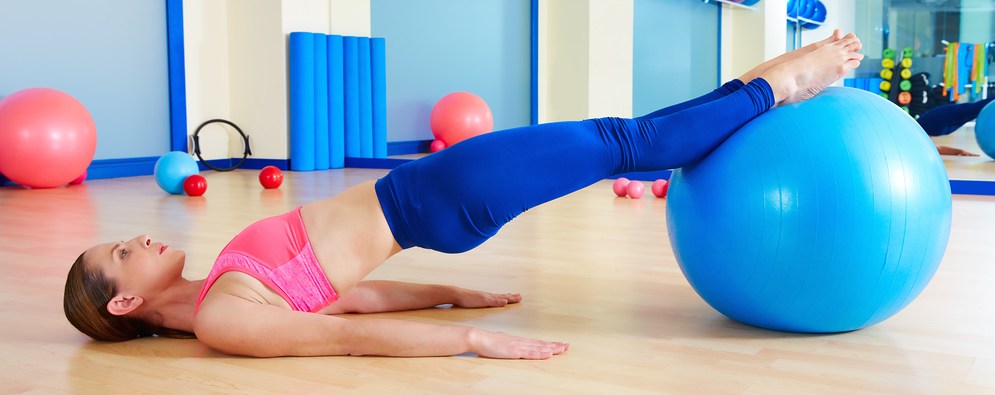
Bladder Incontinence Treatment
Urinary incontinence is the leakage of urine at inappropriate times and can affect anyone of any age, although typically women are more affected more than men. Incontinence involves the muscles of the pelvic floor which are attached at the bottom of the pelvic bones that run from front to back. The different types of incontinence include:
• Stress incontinence: leaking small amounts of urine when there is increased pressure on the bladder
• Urge incontinence: the bladder muscle goes into spasm and potentially leaks urine
• Functional incontinence: urine leaks when you can’t make it to the bathroom quickly enough
A fourth type of incontinence exists as well, a mix of stress and urge.
What causes urinary incontinence?
Both stress and urge incontinence are typically born from weak or “underactive” pelvic muscles, conditions that can be remedied by physical therapy. Functional incontinence isn’t directly related to pelvic-floor muscles and may occur as a result of joint pain or even psychological problems such as depression or anger. Other contributors to urinary incontinence include: pregnancy and childbirth, injury, surgery, or lack of exercise.
When should I seek bladder incontinence treatment?
If you think you may be suffering from urinary incontinence, often have an urgent need to urinate, experience urinary leaks on your way to the bathroom, or have an “overactive bladder,” it’s a good idea to seek out treatment to alleviate the symptoms.
How can physical therapy help with urinary incontinence?
Your physical therapist will conduct a full body evaluation to determine the source and reason for your urinary incontinence. They’ll then build a plan of care that is unique to your condition and body, implementing techniques to help you gain control over your symptoms, reducing the need for medications or surgery.
• Pelvic floor exercises to tighten and tone the weakened muscles in the pelvic floor and prevent bladder leakage.
• Custom strengthening exercises to focus on surrounding muscle areas that contribute to bladder function and control.
• Patient education to learn relaxation techniques including deep breathing to aid in preventing urge incontinence symptoms.
Physical therapists can provide the necessary tools to treat urinary incontinence and weak pelvic floor muscles, allowing you to return to your daily activities pain-free and stronger than ever. To learn more about urinary incontinence or to eliminate any current discomfort, book a physical therapy assessment today.
Request an Appointment“I have been working with Whitney and she has been great. Helped put me at ease and feel comfortable with an embarrassing issue.”
Our Locations
2701 Airline Dr Suite L
Metairie, LA 70001
Phone: (504) 475-1840
Email: hello@therapydianola.com
